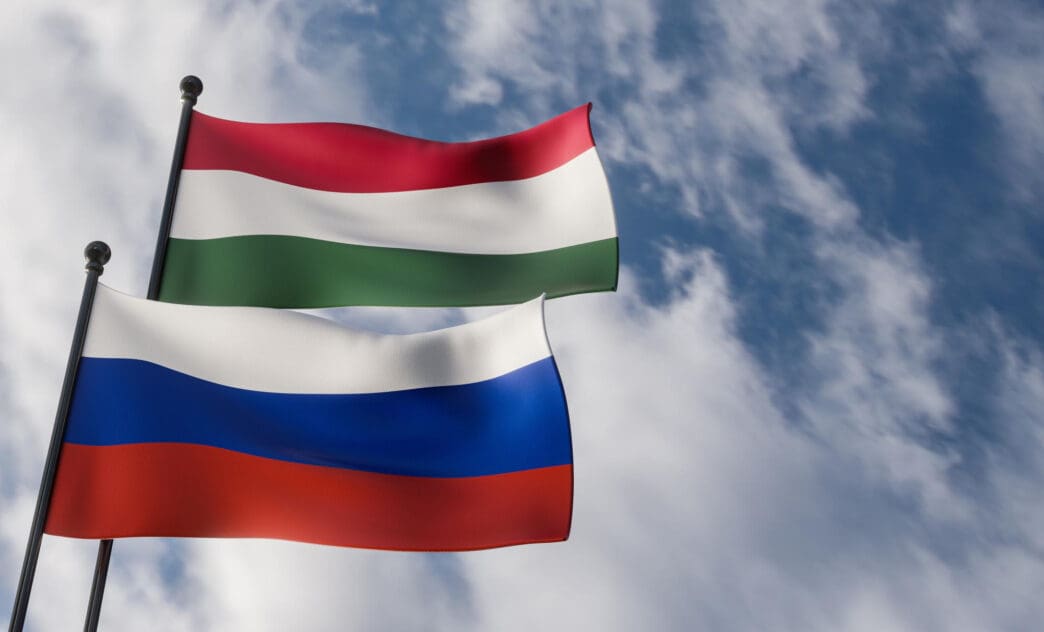Executive Summary
The Story So Far
Why This Matters
Who Thinks What?
Polish Deputy Foreign Minister Władysław Teofil Bartoszewski on Wednesday publicly rebuked Hungarian Prime Minister Viktor Orbán, who had accused his Polish counterpart, Donald Tusk, of “playing a dangerous game” with Europe’s security. The exchange followed Tusk’s assertion at the Warsaw Security Forum that the conflict in Ukraine was also “our war,” prompting Bartoszewski to highlight Hungary’s continued financial support for Russia through oil purchases.
Disagreement on Ukraine War Stance
Prime Minister Orbán’s criticism was a direct response to Prime Minister Tusk’s address at the Warsaw Security Forum. In a post on X, Orbán stated, “You may think that you are at war with Russia, but Hungary is not. Neither is the European Union,” directly accusing Tusk of endangering millions of Europeans with his rhetoric.
Speaking on Radio ZET, Deputy Foreign Minister Bartoszewski directly challenged Orbán’s stance. He asserted, “Dear Prime Minister, you are financing this war by purchasing Russian oil. This makes you one of only two prime ministers in Europe who are doing so. Please stop doing that – without money, the Russians will not be able to continue the war.”
Hungary’s Energy Reliance on Russia
Bartoszewski’s remarks alluded to Hungary’s and Slovakia’s ongoing reliance on Russian fossil fuels. Both governments have maintained significant energy ties with Russia, with Slovakia’s Prime Minister Robert Fico also opposing extended EU sanctions against Moscow.
According to data from the Centre for Research on Energy and Clean Air (CREA), Hungary remains the European Union’s largest buyer of Russian fossil fuels. In August alone, the country imported €416 million worth, which included €176 million of crude oil and €240 million of pipeline gas.
Persistent EU Divisions
This public disagreement underscores the persistent divisions within the European Union regarding the approach to the war in Ukraine and the efficacy of sanctions against Russia, particularly concerning energy policy.








